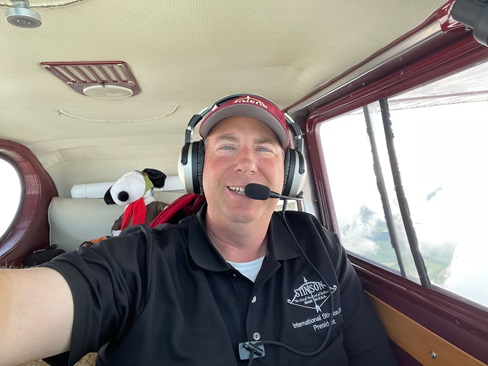In an effort to give pilots, aircraft owners, and the entire general aviation industry more access to the FAA during the exploration of airworthiness issues, AOPA submitted formal comments to the agency on Jan. 15 requesting the airworthiness concern process be included in the revised Airworthiness Directive Manual.
The manual provides detailed procedures for developing, issuing, and distributing ADs. AOPA, which championed the airworthiness concern process, recommended that the process be added to the manual so that the FAA has the opportunity to gather information from type clubs—those who are most familiar with specific types of aircraft—before pursuing various airworthiness options. Currently, the airworthiness concern process is included in a supplement to the manual.
The process allows the FAA to reach out to type clubs to gather technical and economical data to determine what airworthiness action is warranted, what alternatives exist, and what is the anticipated impact of the potential action. Such a process is particularly important as the GA fleet ages and manufacturer support dwindles for some makes and models of aircraft, AOPA said.
“The airworthiness concern process is a cooperative information-sharing initiative between industry and the FAA intended to increase industry participation in the development of airworthiness issues before ( or in lieu of) a proposed or final airworthiness directive,” AOPA explained in its comments. “The airworthiness concern process focuses on gathering technical, economic and operational data before the FAA takes further action such as issuing an advanced notice of proposed rulemaking, notice of proposed rulemaking (NPRM), supplemental NPRM, or immediately adopted final rule.”
AOPA pointed out that the process has been successfully employed for airframe-related concerns since July 2000. In May 2002, it was expanded to include engine and propeller related airworthiness issues.

